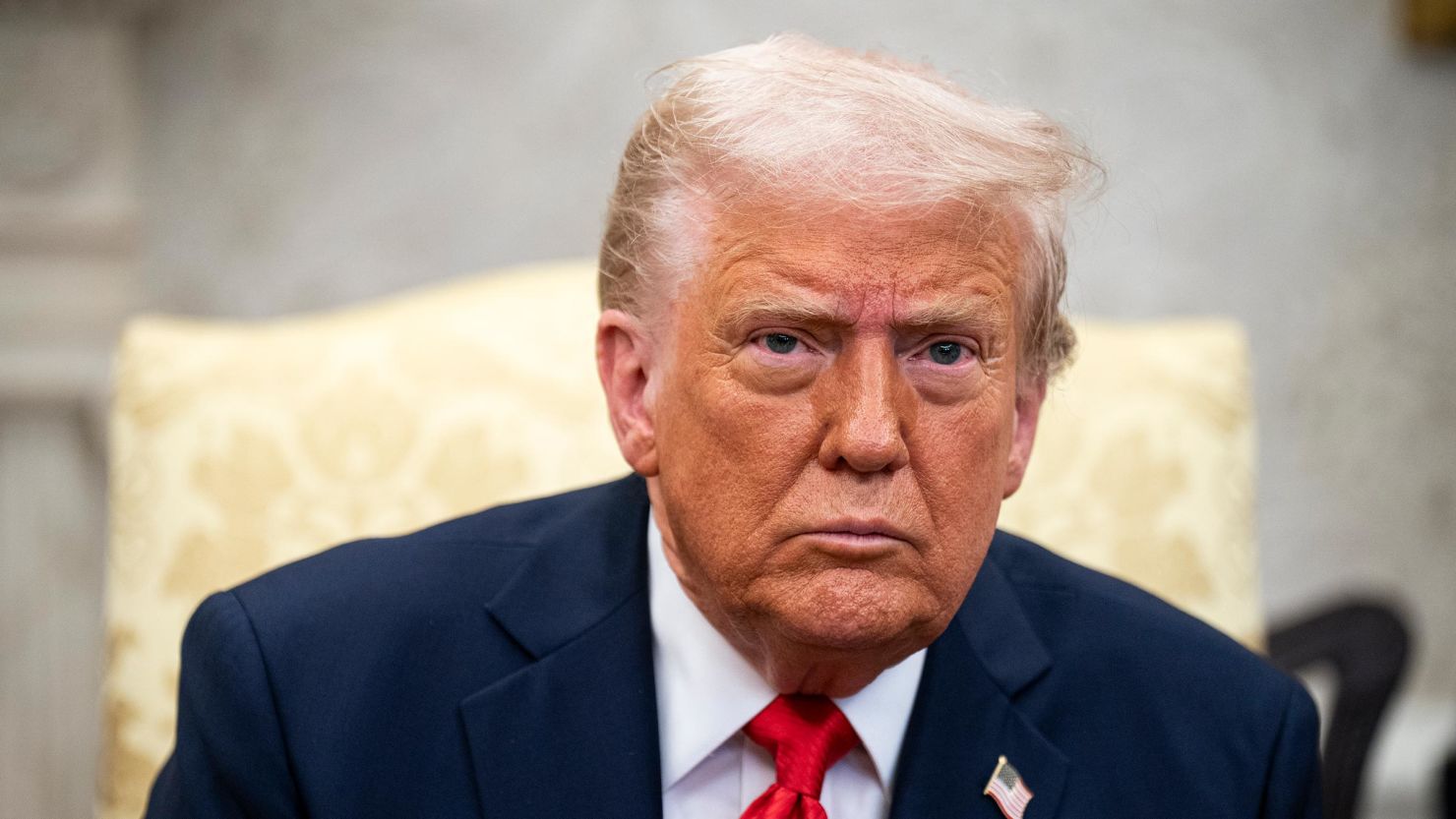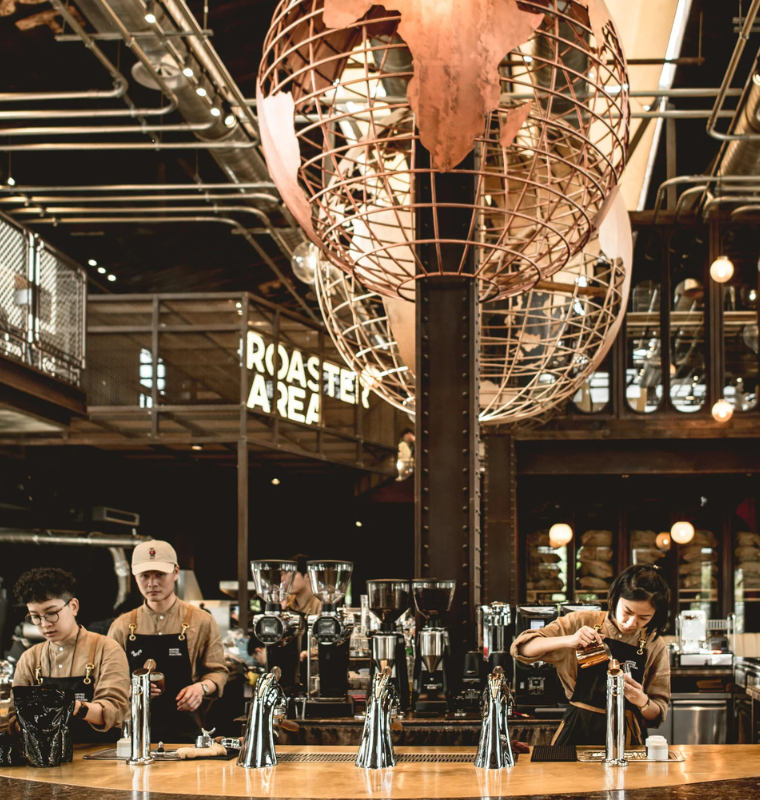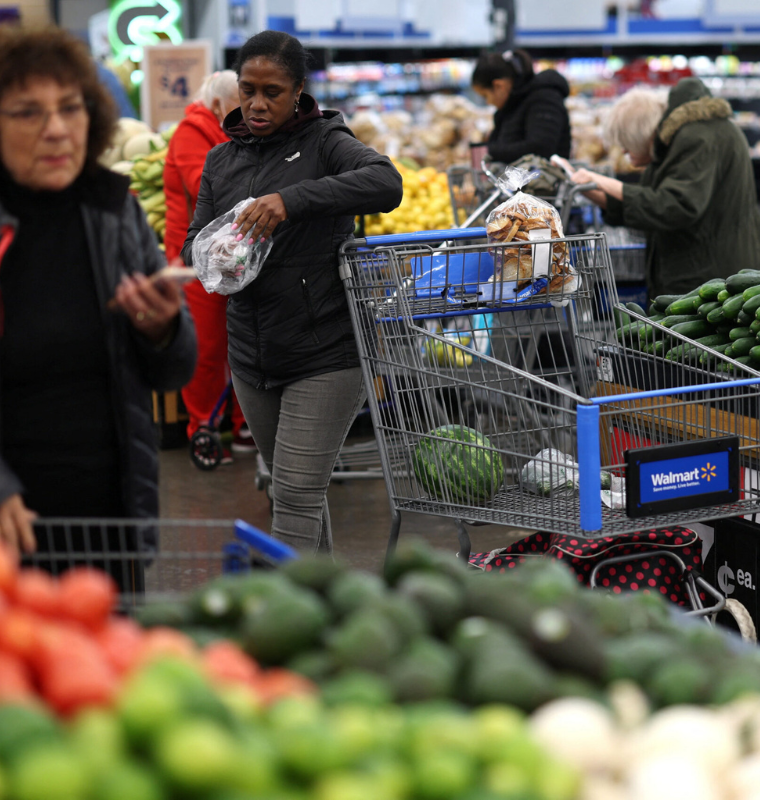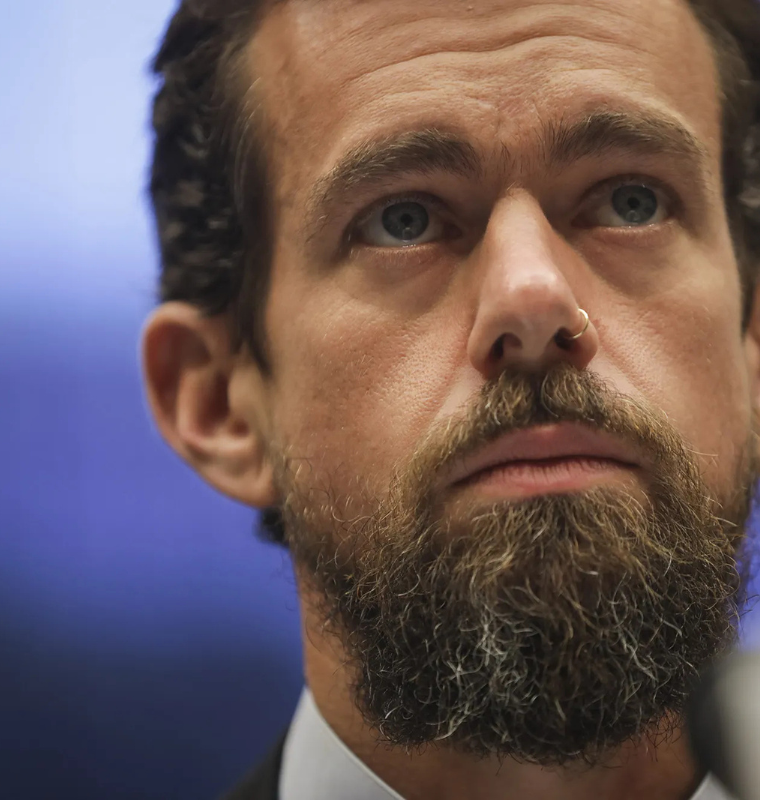Majority of Americans Lose Confidence in Trump’s Economic Leadership, New Poll Reveals
Majority of Americans Lose Confidence in Trump’s Economic Leadership, New Poll Reveals
By
Calder Monroe
Last updated:
November 3, 2025
First Published:
November 30, 2025

Getty Images
A new NBC News poll conducted between October 25 and 28 reveals that Americans are increasingly dissatisfied with President Donald Trump’s management of the economy, with inflation, the cost of living, and middle-class concerns emerging as top grievances.
The survey of 1,000 registered voters found that 66% believe Trump has fallen short in controlling inflation and everyday expenses, while 63% say his administration has underperformed in overall economic management. This comes less than a year into Trump’s current term — a period when many voters expected strong economic recovery and stability.
Mounting Pressure Over Inflation and Cost of Living
The poll results underscore how rising prices for food, rent, and energy continue to erode public confidence. Over the past year, inflation has consistently hovered around 3.4%, according to recent data from the Bureau of Labor Statistics — still well above the Federal Reserve’s 2% target.
Voters appear to be feeling that pressure directly: 66% said the administration’s response to inflation and living costs has “fallen short of expectations.” Middle-class Americans are especially frustrated, with 65% saying Trump has not done enough to support them.
Economists note that while job growth has remained steady, real wages have failed to keep up with inflation. The average American household is spending roughly $700 more per month on essential goods and services than two years ago.
Approval Ratings Slip Amid Broader Discontent
President Trump’s approval rating dropped four points since March, falling to 43%, while 55% disapprove of his job performance overall. Analysts suggest that the government shutdown, now entering its fifth week, has only deepened voter frustration — especially among federal employees and low-income families relying on programs like SNAP food assistance.
The political impact is already visible. With the 2026 midterm elections approaching, the poll shows Democrats holding an eight-point lead over Republicans in the generic congressional ballot (50% to 42%). Earlier this year, Democrats led by just one point, signaling a sharp swing in public sentiment.
Split Opinions on Which Party Handles the Economy Better
Despite widespread disapproval, voters remain evenly divided on which party can better manage the economy. 38% say Republicans would handle it more effectively, while 37% favor Democrats — leaving a significant portion of the electorate undecided or skeptical of both.
This division echoes findings from a recent CNBC All-America Economic Survey, which also showed a decline in overall economic optimism. Many respondents cited ongoing concerns about interest rates, rising debt, and a lack of clear strategy from Washington to address these challenges.
Economic Uncertainty Shapes the Road Ahead
The poll results paint a clear picture: Americans are losing patience with economic promises that have yet to materialize. While unemployment remains relatively low, consumer confidence is slipping, small business sentiment is weakening, and household debt has reached record highs of over $18 trillion, according to the Federal Reserve.
As the 2026 elections draw closer, both parties face mounting pressure to present a credible plan for stabilizing prices, protecting the middle class, and restoring public trust in economic leadership.
For now, the numbers suggest that economic frustration is becoming a defining issue — and could shape the political landscape for months to come.
Popular articles
Subscribe to unlock premium content
London’s Gourmet Playgrounds

From Bean to Buzz in Thailand

The Secret Life of Pop-Up Luxury Restaurants in Paris

London’s Gourmet Playgrounds

From Bean to Buzz in Thailand

London’s Gourmet Playgrounds









